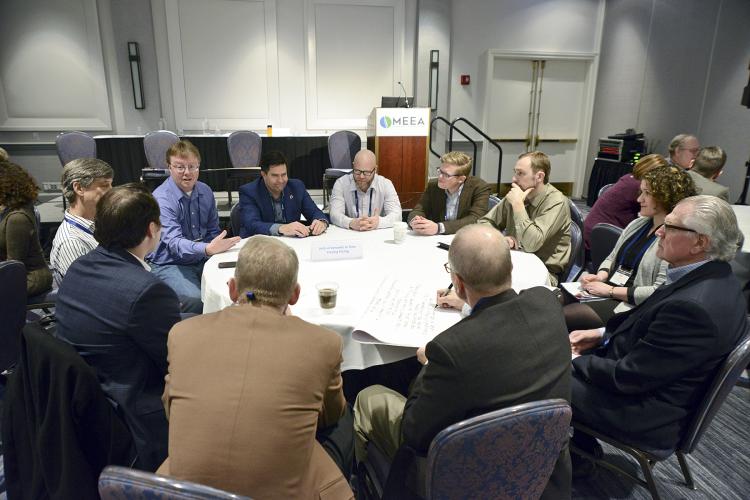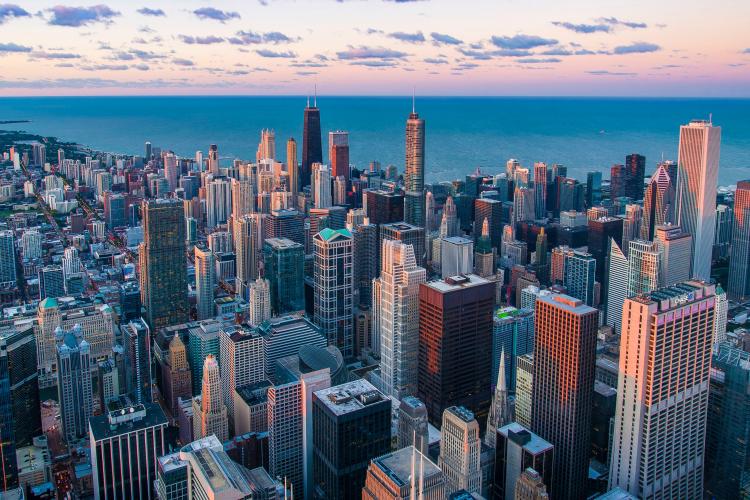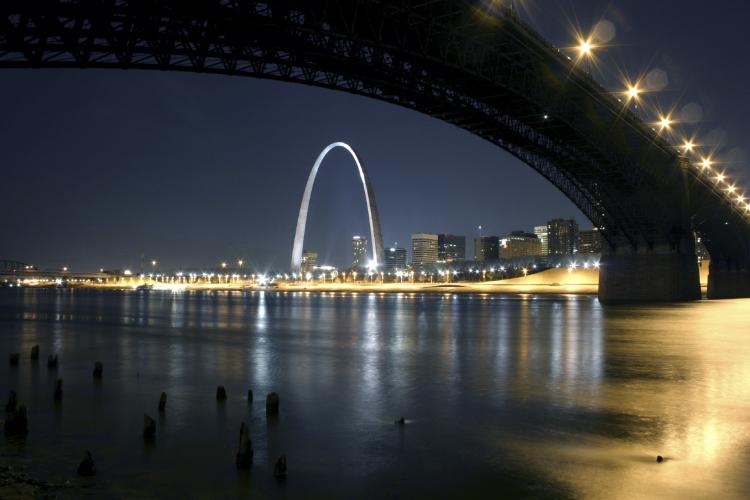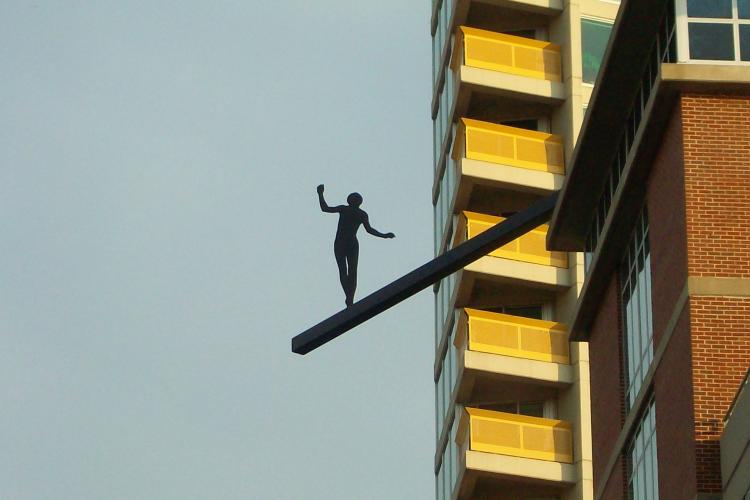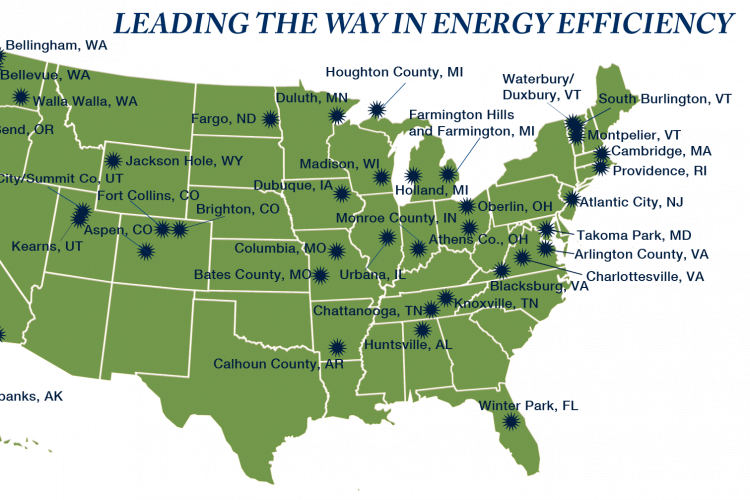Here’s What You Missed at MEEA’s Annual Codes Conference
The 9th annual Midwest Building Energy Codes Conference has come and gone. This year, the conference was held at the Magnolia Hotel in St. Louis, Missouri from November 28-29. With one of the highest turn outs yet, this year’s conference was one of the best yet, filled with great discussion, networking and insights into energy codes.
Couldn’t make it? Find out what you missed and download the speaker presentations below.

